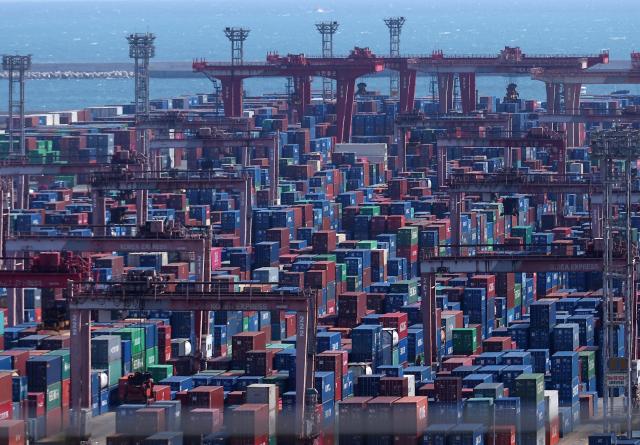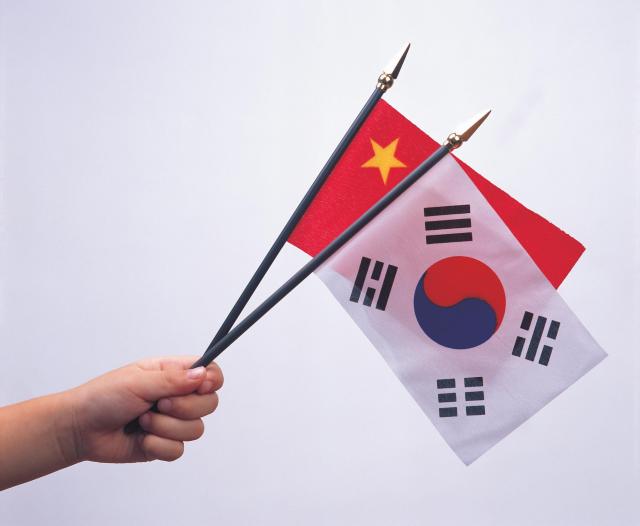
In contrast, the United States has seen its customs receipts rise to 1.6 percent of total tax revenue, reflecting a more protectionist trade stance.
According to a report released by the National Assembly Budget Office, South Korea collected 7 trillion won (approximately $4.93 billion) in customs duties last year — down 300 billion won, or 4.3 percent, from the previous year.
The decline in customs revenue mirrors a broader contraction in trade activity and tariff obligations. South Korean imports dropped by 1.7 percent in 2024, falling from $643 billion in 2023 to $632 billion. Meanwhile, the country’s growing network of trade pacts continues to erode the tax base once supported by import duties.
The nation’s effective tariff rate has dropped significantly — from 1.7 percent in 2012 to just 0.8 percent in 2024. South Korea now maintains 22 FTAs encompassing 59 countries, including major economic partners such as the United States, China, and the European Union.
Further liberalization came with the implementation of the Regional Comprehensive Economic Partnership (RCEP) in February 2022. The agreement, which includes 15 countries across Asia-Pacific — including China, Japan, Australia, and New Zealand — established de facto free trade between Seoul and Tokyo, two of the region’s largest economies.
The United States, by contrast, has moved away from trade liberalization in recent years. Under President Donald Trump, customs revenue as a share of federal tax income rose from 1.1 percent in 2014 to 1.9 percent in 2019. It has remained in the 1.7 to 1.8 percent range in the years since.
Officials in Seoul have expressed concern that Washington’s continued reliance on high tariffs, particularly those aimed at China, may have indirect effects on Korea’s export-oriented economy.
“If China’s exports to the U.S. decrease due to America's high tariff policy against China, there are concerns that South Korea’s intermediate goods exports to China could decline,” an official from the National Assembly Budget Office said.
The agency also warned that escalating global trade tensions — sparked by retaliatory tariff measures between the U.S. and China — could create additional uncertainty and weigh on global economic growth.
“In the long term, there is a possibility that the world economy and trade could slow down,” the report noted.
Copyright ⓒ Aju Press All rights reserved.





View more comments